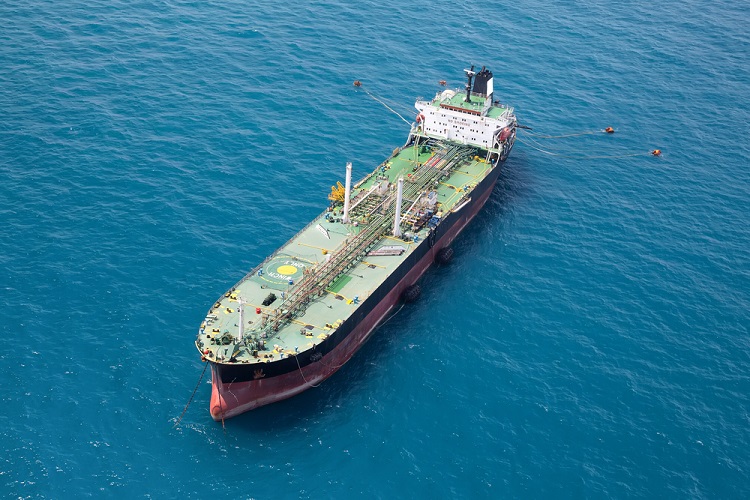

fetching latest news
News tagged in:

Brazil’s Petroleo Brasileiro SA has told shippers it will not hire any tankers that have visited Venezuela in the past 12 months, the state-controlled oil company said on Friday, signalling adherence to U.S. sanctions on the Latin American nation. Washington has said it could add to its sanctions list, a move that could disrupt sea-borne trade by sharply raising tanker rates.
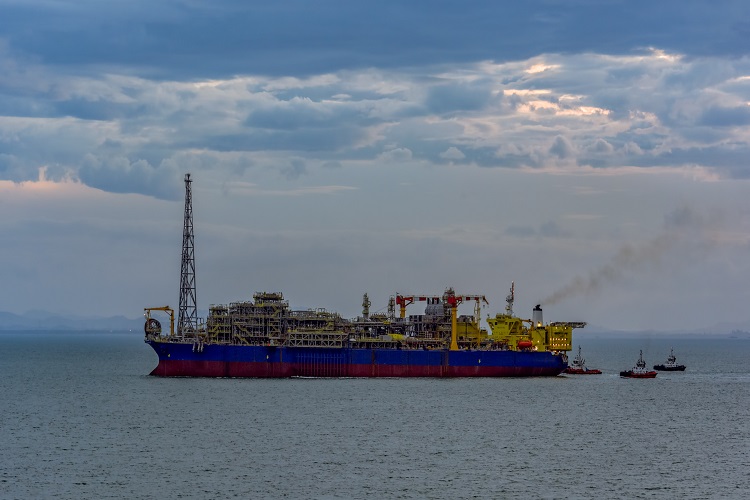
The Trump administration is preparing sanctions on as many as 50 oil and fuel tankers as part of an effort to cut off trade between Iran and Venezuela, according to a person familiar with the matter.The sanctions would be imposed through the Treasury Department and are intended to avoid a U.S. military confrontation with the countries, the person said on the condition of anonymity.
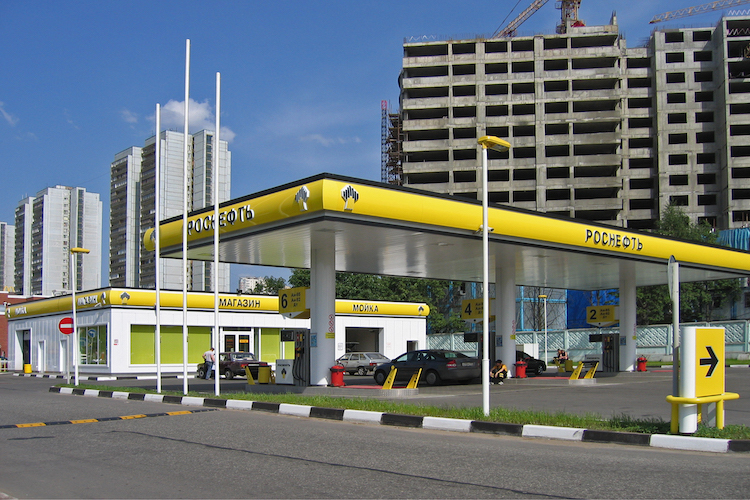
Washington on Tuesday imposed sanctions on the trading arm of Russia's Rosneft. This has created a difficult situation for Reliance Industries, a key buyer of Venezuelan oil. The Indian refiner said, "Reliance will continue its direct communications with the US Government to ensure that Reliance's purchases of Venezuelan oil after the RTSA sanctions are both compliant with US sanctions and consistent with US policies regarding Venezuelan oil sector".
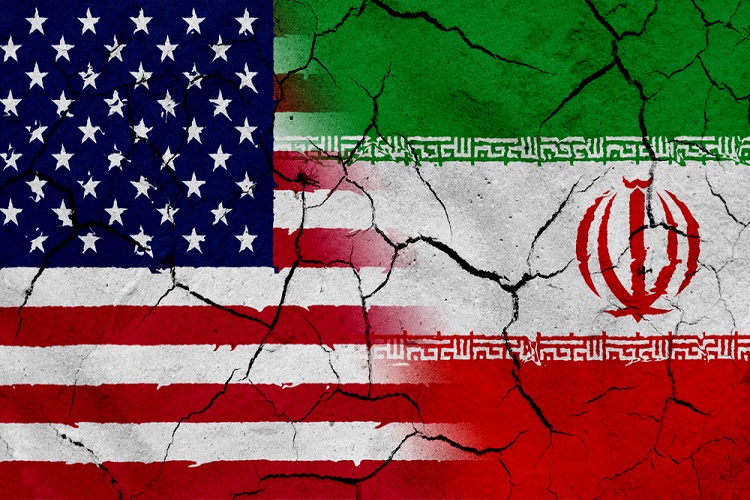
The Trump Administration, on Thursday, sanctioned petrochemical and petroleum companies based in Hong Kong, Dubai and Shanghai for allegedly aiding Iran's NIOC to trade hundreds of millions of dollars in crude oil, petrochemical and refined products. The sanctions were imposed on Hong Kong's Triliance Petrochemical, Sage Energy, Shanghai-based Peakview, and Dubai-based Beneathco DMCC. In a related move, the US also sanctioned China's Shandong Qiwangda Petrochemical Co., and Hong Kong's Jiaxiang Industry Hong Kong Limited.
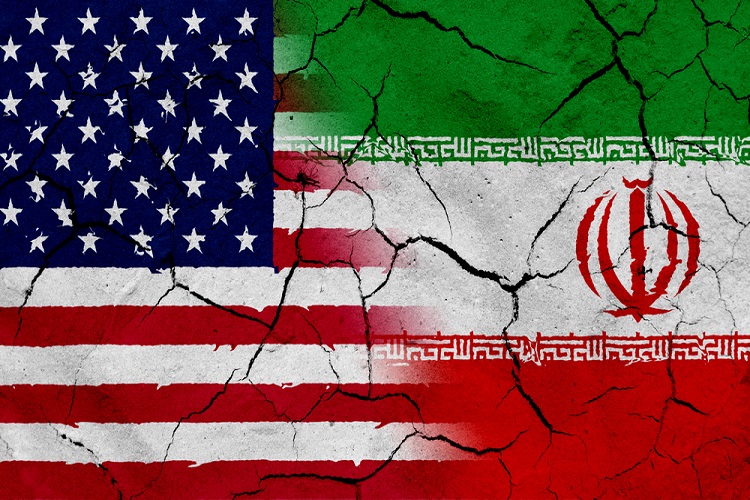
Reuters calculations and shipping data has shown nearly $500 million a month in Iranian oil product sales as US sanctions continue ripping the country’s crude exports. Iranian oil minister Bijan Zanganeh was quoted saying product exports achieved their highest level in last month. While analysts expected some 400,000 bpd for July in crude exports, consultancy FGE projected Iran’s product exports at 400,000-500,000 barrels per day.
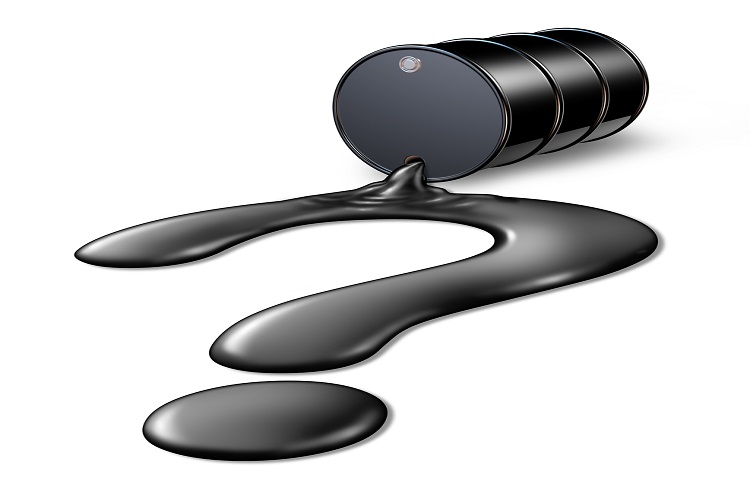
According to the recent data, the dependency of India for crude oil imports has increased from Iraq, Saudi Arabia, Nigeria, and the United States. It has come at the time when two of its major oil suppliers Iran and Venezuela are facing sanctions from the US. Crude imports from Iraq have increased by 3% and 5.61% jump has been experienced from Saudi Arabia.
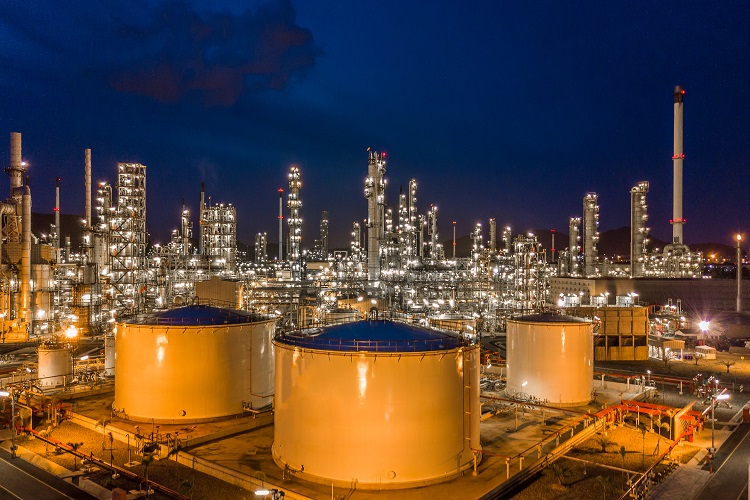
As Iran seeks new possibilities of growth amidst debilitating U.S. sanctions, the country’s ambassador to India has said that Iran is ready to invest in the expansion of a South Indian refinery. Chennai Petroleum (CPCL) seeks to invest about $5.1 billion to expand Nagapattinam refinery to a 180,000-bpd plant. Naftiran Intertrade, the Swiss subsidiary of National Iranian Oil Company, own a 15.4% stake in CPCL.
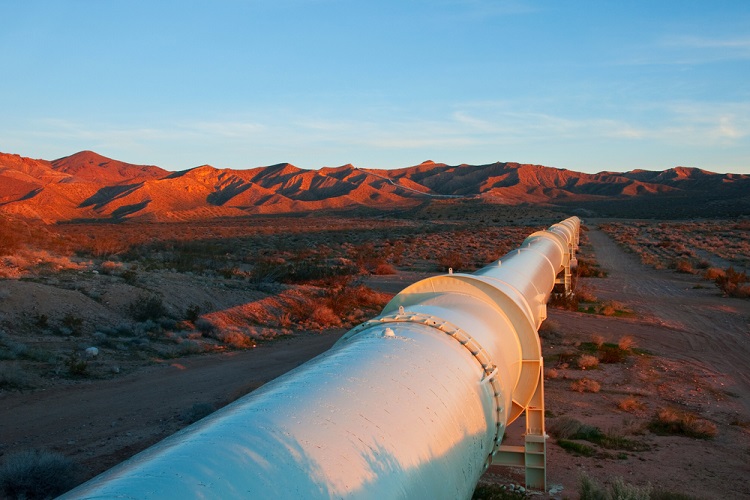
Russia’s natural gas giant, Gazprom has said that despite the threat of US sanctions, work at the controversial Nord Stream 2 pipeline will continue since the pipeline is "past the point of no return". The $12-billion Nord Stream 2 will amplify Russian gas shipments to the EU's biggest economy, Germany. The final major hurdle in the way of Nord Stream 2 is obtaining approval from Denmark.

On Tuesday, oil prices were dragged down by the concerns of crude demand outlook. But the market received support when new sanctions were announced by Washington on Iran. Brent decreased by 0.9% and was traded at $64.29 a barrel. WTI fell by 1% and was traded at $57.32 a barrel. Further, the Federal Reserve Bank of Dallas on Monday revealed slacking manufacturing data which increased the crude demand worries.
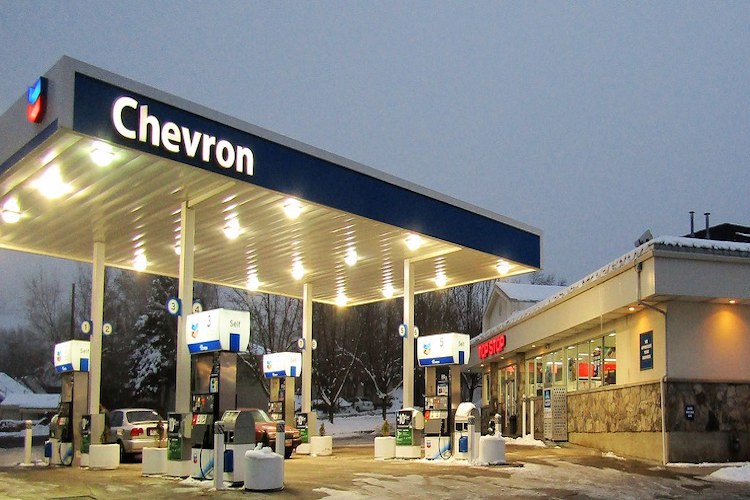
Chevron Corp. is seeking relief from the U.S. for continuing doing business in the oil-rich nation Venezuela. The US President has been pushing for regime change in Venezuela owing to sham elections last year. Oil sanctions are being deployed as the main tool for uprooting an autocrat in Venezuela. According to the sources, Chevron expects the extension of the waivers set to expire on July 27.

Oil guzzler, Indian Oil Corp. has said that it will assess the effects of US sanctions on the proposed Iranian investment in the CPCL expansion project. IOCL plans to pull down the Nagapattinam refinery and build a new refinery of 9 million tonnes unit in the upcoming five to six years. While the previously made investments by NIOC will not draw any impact, NIOC’s new investments will remain under scrutiny.
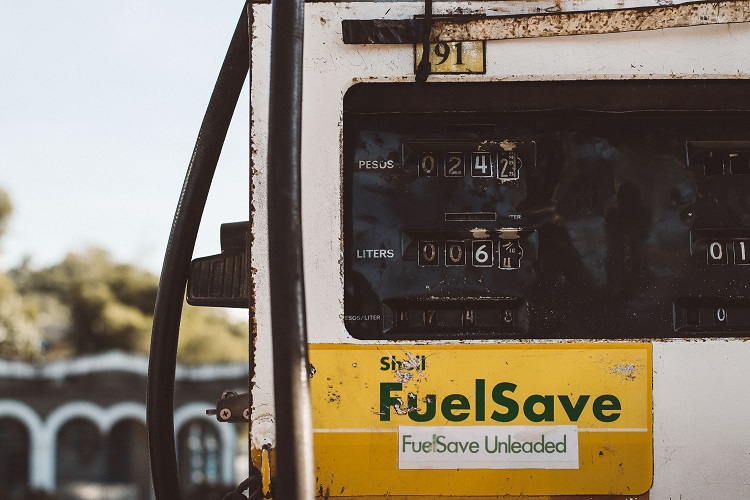
Signs of OPEC maintaining supply cuts sent oil prices soaring in the international market on Monday. Benchmark Brent crude rose 1.3%, to $73.17 a barrel. US West Texas Intermediate (WTI) crude was traded 1.3% higher than their last close, at $63.58 a barrel. OPEC de-facto leader Saudi Arabia yesterday said that the cartel members and allies were on a consensus to reduce crude inventories “gently”.
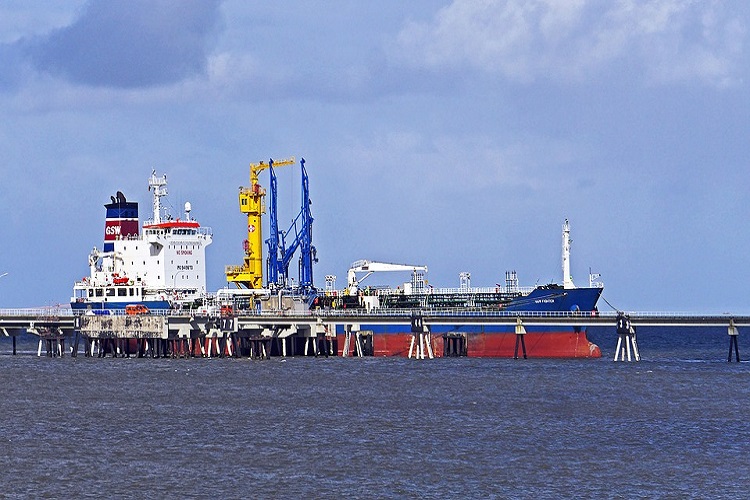
In a bid to make up for the supply loss of Iranian oil due to US sanctions, oil guzzler IOCL has availed the option of receiving an extra 2 million barrels of crude from Saudi Aramco. Under the deal, the state-run refiner will get the extra crude supply for every month between July-December. IOCL entered into a term deal to purchase 5.6 million tonnes of Saudi crude in 2019/20.

After the US exempted all the Iran sanction waivers from the major oil importing countries, Aramco has stepped up to help the nations meet the shortages. According to the sources, the world's largest oil company has offered increased crude oil supplies to India by 200,000 barrels a day (bpd). This will help India meet almost half of its oil imports that were coming from Iran.

Tanker arrival data available with news firm, Reuters has revealed that the Iranian oil imports to India dropped approximately 57% year-on-year in April. New Delhi received about 277,600 barrels per day (bpd) of oil from the Persian country last month, down about 31.5% from March. India was amongst the eight nations who received a six-month waiver from US sanctions introduced in November.
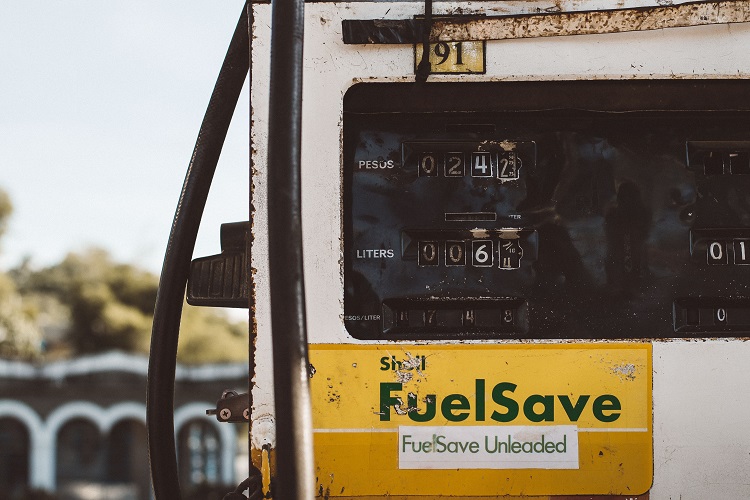
Oil prices held tight in the international market today, amid US sanctions on Venezuela and Iran. Brent crude oil futures were traded at $69.94 per barrel, up 0.1%. U.S. West Texas Intermediate (WTI) crude futures rose 0.3%, to $61.56 per barrel. Oil prices recovered from the downfall earlier this week, triggered by announcements of the US levying even higher import tariffs on Chinese goods.
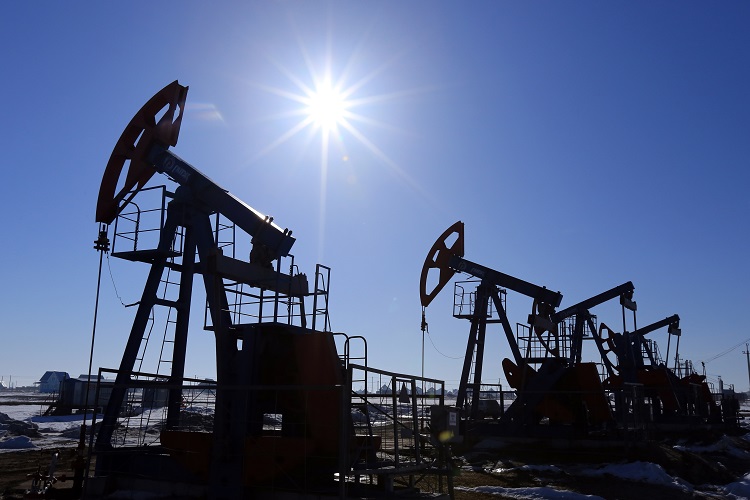
Friday saw oil prices dropping further on hopes of output raise by OPEC to offset the decline in exports from Iran due to US sanctions. Brent crude dipped 0.3%, and were traded at $74.16/barrel. US WTI crude saw a drop of 0.6%, and were priced at $64.83/barrel. Washington announced an end to all sanction waivers on Monday, in a bid to drive Iran’s oil exports down to zero.
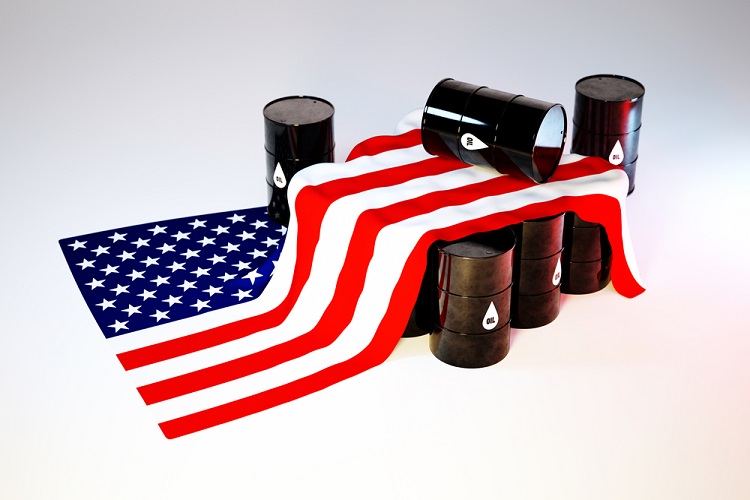
Oil prices took a fall in the international market on Thursday, owing to US pumping record crude offsetting the influence of U.S. sanctions and OPEC-led supply cut. International Benchmark Brent crude futures lowered 0.3%, to $74.35 per barrel. U.S. West Texas Intermediate (WTI) crude futures fell 0.4%, to $65.60 per barrel. An EIA report released on Wednesday depicted a rise of 1.3 million barrel in US crude inventories last week.